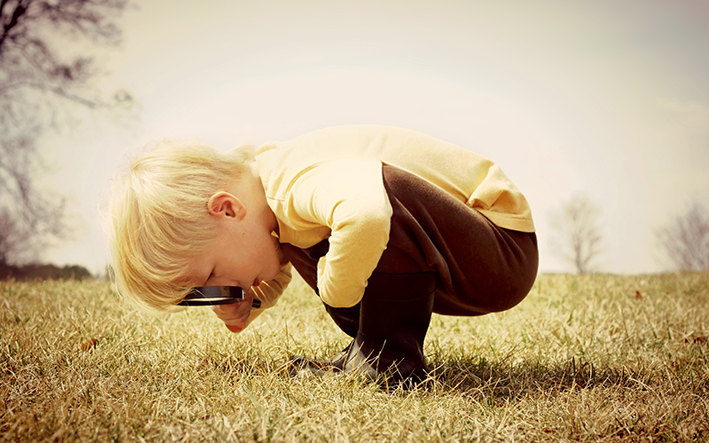A recent study surveyed 1600 Australian kids between 6 and 17… 92% of them did not know bananas grew on trees. The British aren’t much better. 1/3 of them believe pasta is made from cows and fish fingers come from chicken. This is not surprising considering 1/3 of UK children have never heard a cow moo. Richard Louv calls this Nature Deficit Disorder (NDD) and it is arguably the greatest threat to the survival of our species.
While this is partly due to the fact that modern society is congregating in cities and working longer hours to make ends meet… it is also likely due to the fact that kids between the ages of 8-18 are spending over 50 hours a week plugged into media of some description (Pew Internet Study, 2009).
If one were a parent of a 17 year old who believed pasta was made from cows, not only may they be embarrassed, they should also be concerned about the health of their child and the future of our planet!
Studies abound that demonstrate a correlation between the amount of time children spend in ‘nature’ and the positive effects it has on their physical and mental health. Conversely there are similar correlations between screen time and poor physical health, anxiety, depression and ADHD.
There is an arguably greater problem resulting from NDDD than its health effects on our youth… and that is how will a generation that has no affinity for nature fix our planet…. let alone know where to find bananas?
We have had an unprecedented lifestyle transformation in the last several hundred years. While we evolved as hunter gatherers making us keenly aware and dependent on our surrounds, society has spent the last several hundred years manufacturing creature comforts and efficiencies which have ultimately incubated us from our environment and largely severed our connection with nature. This is most evident in our youth. Few adults, let alone children, comprehend that when they plug in their Xbox they are utilizing (if you live in Australia especially) fossil fuels processed from the decomposition of ancient forests that are being prematurely transformed into a gaseous state that is warming our planet and killing our wildlife.
While most parents would agree it makes sense to keep their children connected with nature. The question facing many is how do they find the time (or space) in their busy lives as they work longer hours to pay the bills? For our family we made the decision to leave our jobs and move our children to the country. For others, this is not a possibility.
Here are some tips to keep your children connected (some of which we used):
- Let your children grow herbs on the windowsill.
- Watch David Attenborough rather than the 5 o’clock news. Less depressing as well.
- Explain the weather to your children. Why is it windy? Why is it raining?
- Talk about where their dinner came from. Explain ‘from the stable to the table’
- Join a community garden.
- Turn off all media. Kids will naturally fill the void.
- ??? We would love to hear from you… please submit us your tips.


 RSS Feed
RSS Feed

